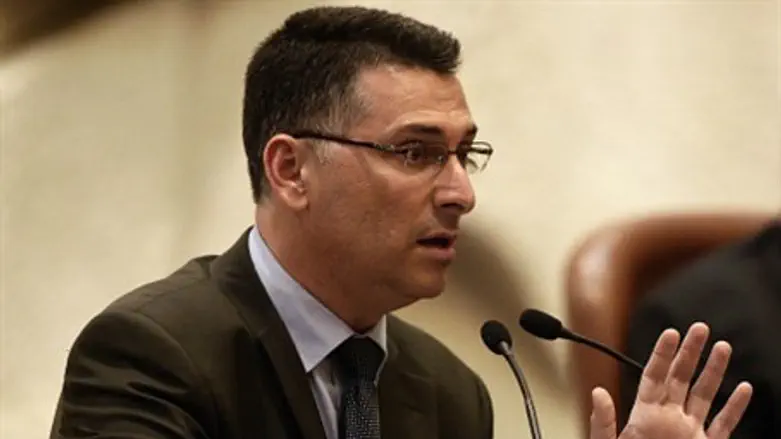
Interior Minister Gideon Sa'ar on Sunday authorized the collection of a double portion of real estate tax (arnona) on homes and apartments that are unoccupied. Sa'ar signed an executive order requiring the payments, based on laws that give him the ability to do so. In a statement, Sa'ar said that the move would increase the number of apartments on the rental market, as owners seek to reduce their tax burdens.
The order must also be approved by the Finance Minister. Sa'ar told the cabinet Sunday that he had submitted the rule change to Finance Minister Yair Lapid for approval. Lapid, who also heads a ministerial committee dedicated to lowering the price of housing, is expected to approve the order.
Under the rule change, owners of empty apartments and homes will have to pay an additional annual real estate tax of 3.5% of the value of their property. Individuals who live in Israel and own only one property and do not live there for personal reasons will be exempt.
Buying a home in Israel is expensive in many areas, but renting an apartment in large cities can be even more expensive, on a monthly basis. Apartments for rent in Israel are supplied almost solely from the private housing market; there are nearly no apartment buildings that are owned by a landlord for rental purposes, as there are in the U.S. and other countries. As a result, rental prices in many neighborhoods are very high, and young couples who cannot afford a down payment to buy a home are forced to spend a large part of their income to rent by the month, instead of saving a portion of their salaries for a down payment to buy a home.
The problem is especially acute in Jerusalem, Tel Aviv, Netanya, and other large cities, where foreign residents have bought prime homes and apartments for investment purposes or as vacation homes, coming to live in them for just a few weeks out of the year. Sa'ar said he hoped that the new regulations would encourage homeowners to rent out their apartments and homes, thus avoiding steep fees.